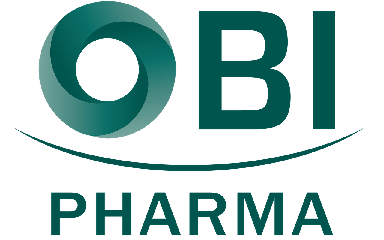OBI-3424 is a highly selective prodrug that is converted by aldo-keto reductase family 1 member C3 (AKR1C3) to a potent DNA-alkylating agent. OBI-3424 has entered clinical testing for hepatocellular carcinoma and castrate-resistant prostate cancer, and it represents a potentially novel treatment for acute lymphoblastic leukemia (ALL).
Experimental Design: We assessed AKR1C3 expression by RNA-Seq and immunoblotting, and evaluated the in vitro cytotoxicity of OBI-3424. We investigated the pharmacokinetics of OBI-3424 in mice and nonhuman primates, and assessed the in vivo efficacy of OBI-3424 against a large panel of patient-derived xenografts (PDX).
Results: AKR1C3 mRNA expression was significantly higher in primary T-lineage ALL (T-ALL; n = 264) than B-lineage ALL (B-ALL; n = 1,740; P < 0.0001), and OBI-3424 exerted potent cytotoxicity against T-ALL cell lines and PDXs. In vivo, OBI-3424 significantly prolonged the event-free survival (EFS) of nine of nine ALL PDXs by 17.1–77.8 days (treated/control values 2.5–14.0), and disease regression was observed in eight of nine PDXs. A significant reduction (P < 0.0001) in bone marrow infiltration at day 28 was observed in four of six evaluable T-ALL PDXs. The importance of AKR1C3 in the in vivo response to OBI-3424 was verified using a B-ALL PDX that had been lentivirally transduced to stably overexpress AKR1C3. OBI-3424 combined with nelarabine resulted in prolongation of mouse EFS compared with each single agent alone in two T-ALL PDXs.
Conclusions: OBI-3424 exerted profound in vivo efficacy against T-ALL PDXs derived predominantly from aggressive and fatal disease, and therefore may represent a novel treatment for aggressive and chemoresistant T-ALL in an AKR1C3 biomarker-driven clinical trial.
